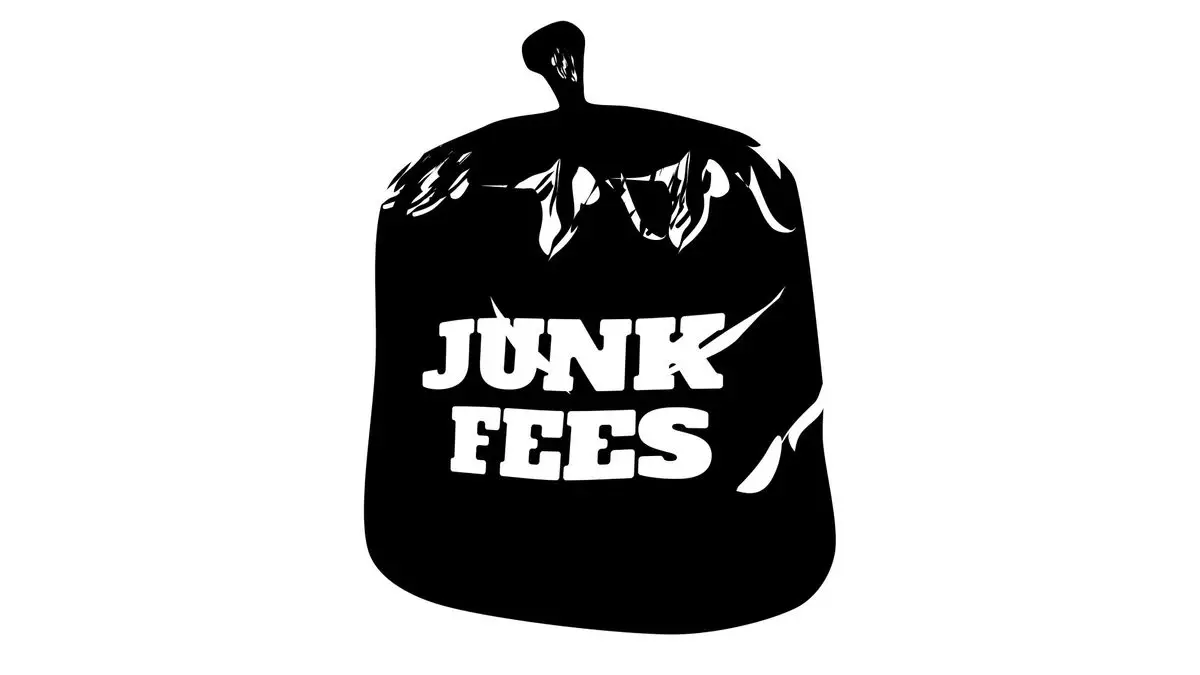In a significant move aimed at fostering transparency in the hospitality and entertainment sectors, the Federal Trade Commission (FTC) has initiated a rule that effectively puts an end to deceptive pricing practices associated with hotels, vacation rentals, and other short-term lodging providers. Dubbed the “Junk Fees Rule,” this regulation also extends its purview to event ticket sales, mandating that all required charges are clearly listed upfront in advertisements. This regulation comes at a pivotal moment when consumer trust has been eroded due to elusive pricing tactics that often lead to unexpected financial burdens.
One of the most egregious offenses in consumer pricing is the prevalence of hidden fees, which can significantly inflate the advertised price of goods and services. The FTC has particularly noted the frustration surrounding charges labeled as resort, convenience, or service fees. These fees often catch consumers off guard, leading to dissatisfaction and a feeling of being misled. As FTC Chair Lina Khan pointed out, consumers deserve clarity regarding the total cost before making any commitments. This sentiment echoes a larger call for fair business practices and consumer rights that have been growing in recent years.
The regulation was finalized following an extensive public commentary phase that began back in 2022, during which the FTC garnered insights from over 72,000 individuals about their experiences with hidden fees. The recent vote in favor of the rule was decisive, with a 4-1 outcome indicating strong support for reform within the Commission. As the rule prepares to roll out, it will become effective 120 days after its official publication in the Federal Register, thus allowing businesses time to adapt to these new requirements.
Anticipating a drastic shift in how businesses present pricing, the FTC predicts significant benefits for consumers. By establishing clear guidelines for displaying all mandatory fees upfront, the Junk Fees Rule is expected to save consumers approximately 53 million hours each year that would otherwise be spent hunting for hidden costs. Furthermore, over the next decade, these measures are projected to collectively save consumers more than $11 billion, a staggering figure that highlights the scale of financial relief on the horizon.
The implementation of the Junk Fees Rule is a pivotal step in advocating for transparency within the hospitality and event management industries. As consumers increasingly demand accountability from service providers, this rule represents both a response to public outcry and a proactive measure to safeguard consumer rights. Moving forward, it remains crucial for businesses to adapt to these changes in order to maintain consumer loyalty and trust. By promoting honesty in pricing, the FTC’s regulation not only benefits individual consumers but also nurtures a healthier marketplace where businesses can thrive without resorting to misleading practices.


Leave a Reply